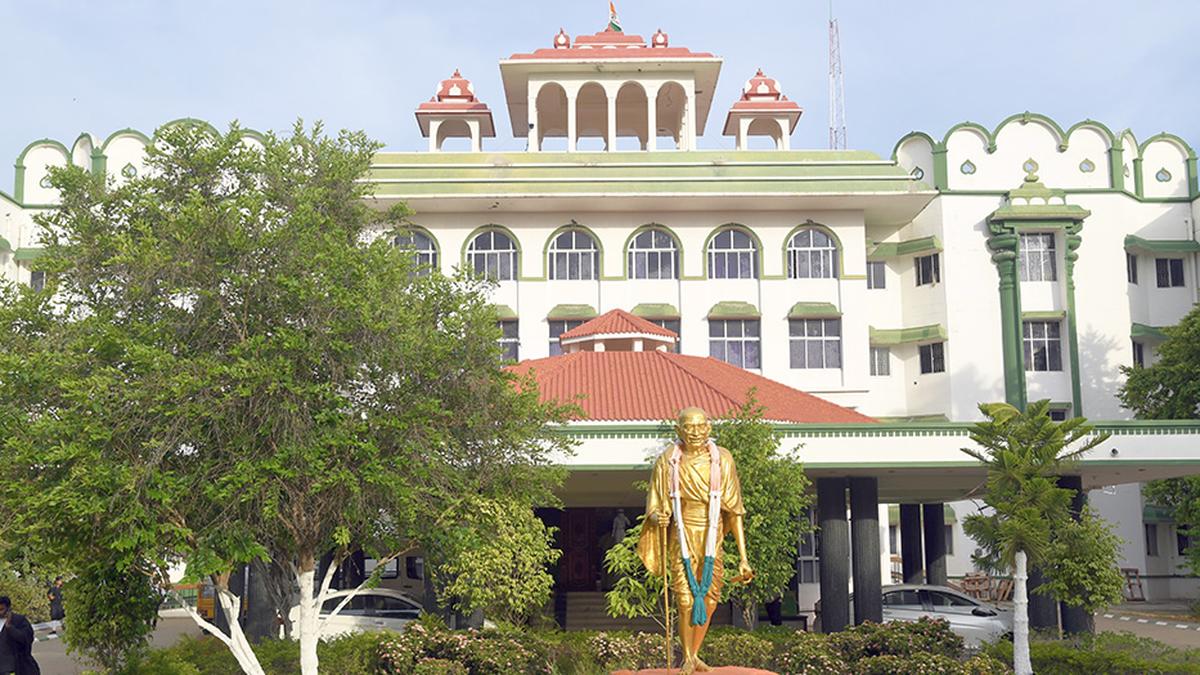
HC directs its Registry to redact name, details of man acquitted of sexual assault charge from judgment
The Hindu
Madurai High Court directs redaction of acquitted man's name from judgment, while full version remains in court record.
Full and redacted version of judgment shall continue to be part of record of the court
Allowing the appeal preferred by a man acquitted of all charges of cheating and sexual assault, seeking to redact his name from the judgment, the Madurai Bench of the Madras High Court directed the High Court Registry to redact the name and other details relating to his identity and ensure that only the redacted judgment was available for publication or uploading.
The court also directed Ikanoon Software Development to take down the judgment forthwith. However, the court said the full and unredacted version of the judgment shall continue to be part of the record of the court. The court was hearing an appeal preferred by the man in 2021 against a Single Bench order that dismissed his petition seeking to redact his name from the judgement copy and observed that in the absence of statutory backing, the court could not issue such directions.
Allowing the appeal, a Division Bench of Justices Anita Sumanth and R. Vijayakumar observed that the Right to be Forgotten was first recognized in French jurisprudence and referred to as le droit à l’oubli. The right was conferred upon convicts who had been released to help them make a fresh start in their lives, independent of their past by allowing them to seek erasure of their names from official databases.
The court observed that the Supreme Court judgement in the case of K. S. Puttaswamy had settled the position that Right to Privacy was an inalienable right and one that was part of Right to Life enshrined in Article 21. The court referred to The Digital Personal Data Protection Act, 2023, and observed that the grievance of an individual who wishes to invoke the right of erasure can now be addressed in a systematised manner.
The provisions of Section 8 (7) of the DPDP Act dealing with the Right of Erasure have not been extended to the courts by virtue of Section 17 of the DPDP Act. However, there was nothing that prevents the courts from providing such succour or solace to deserving persons upon being convinced and it was left for the courts to sift the facts of each case and decide on such erasure/redaction, the court observed.
Being a service institution committed to serving the cause of justice, the courts cannot close their eyes to the concerns of privacy and the right that enure in the litigations to leave behind parts of their past which are no longer relevant. Even sans the benefit of the DPDP Act, the inherent powers of the court would extend to issuing Mandamus as sought, the court said.

ACB files case against IPS officer N. Sanjay in Andhra Pradesh. The official is accused of manipulating the tender processes for awarding contract for development and maintenance of AGNI-NOC portal, and conducting awareness meetings for SC/STs. It is alleged that the total value of properties stolen, or involved in the case is estimated at ₹1,75,86,600.










